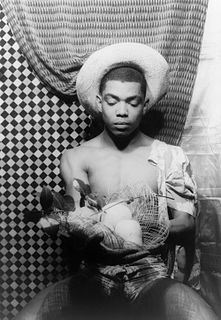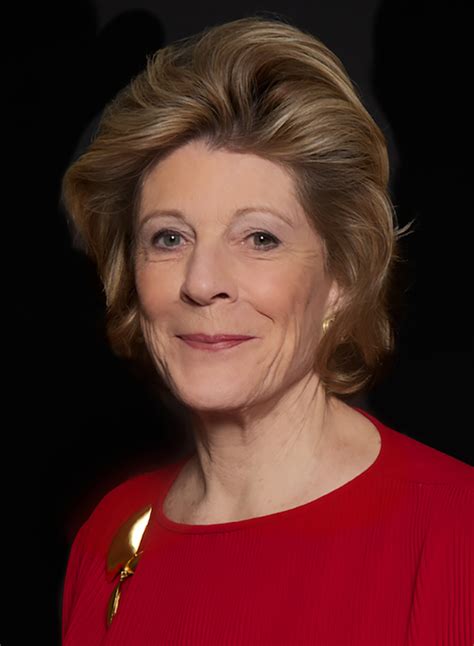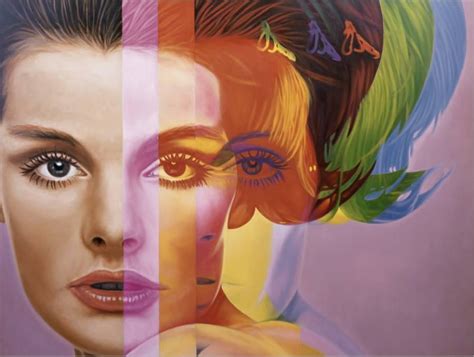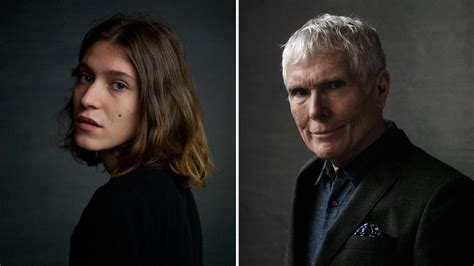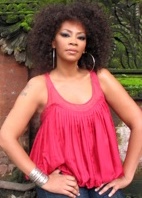A Quote by Kerry James Marshall
When you go to an art museum, the thing you're least likely to encounter is a picture of a black person. When it comes to ideas about art and about beauty, the black figure is absent.
Related Quotes
There isn't only one way that black art or entertainment is represented, and that's the most important thing. We're permeating every style. We're claiming and, when necessary, appropriating all kinds of forms. Nothing is forbidden, because it's not what black people do: because it's not what we think of as black art.
I come from a real working class background, and I didn't know anyone sophisticated - except I saw Edie Sedgewick once at the Art Museum in Philly. She had these black leotards and little black pumps and this big ermine cape and all these white dogs and black sunglasses and black eyes. She was classy!
My education in the arts began at the Cleveland Museum of Art. As a Cleveland child, I visited the museum's halls and corridors, gallery spaces and shows, over and over. For me, the Cleveland Museum was a school of my very own - the place where my eyes opened, my tastes developed, my ideas about beauty and creativity grew.
As a black person on the outside, because there's so much black art and so much of black people's work circulating, so many people imitating what black people do, you would think that there'd be more black people on the business side. It didn't cross my mind that every label head, for the most part, is a white guy.
The beauty of the literary art, the grappling with the black church, the wrestling with one's identity in the bosom of a complicated black community that was both bulwark to the larger white society as well as a threshing ground, so to speak, to hash out the differences that black people have among ourselves.
There's a beauty shop companion called School of Beauty, School of Culture at the Birmingham Museum of Art. I got an email that said a couple had a guerrilla wedding in front of that picture. They slipped into the museum with a preacher and had their wedding ceremony in front of it. It turns out that the woman is a beautician and the man is a barber, they had seen that picture, and they said it was the perfect place to get married.
I felt like it was a courageous show [Black-ish] from the beginning. We are a black family - we're not a family that happens to be black. But the show is not even about us being black. The show is about us being a family. That is groundbreaking - on TV, the black characters either happen to be black or they're the "black character," where everything they say is about being black. I think that's the genius.

